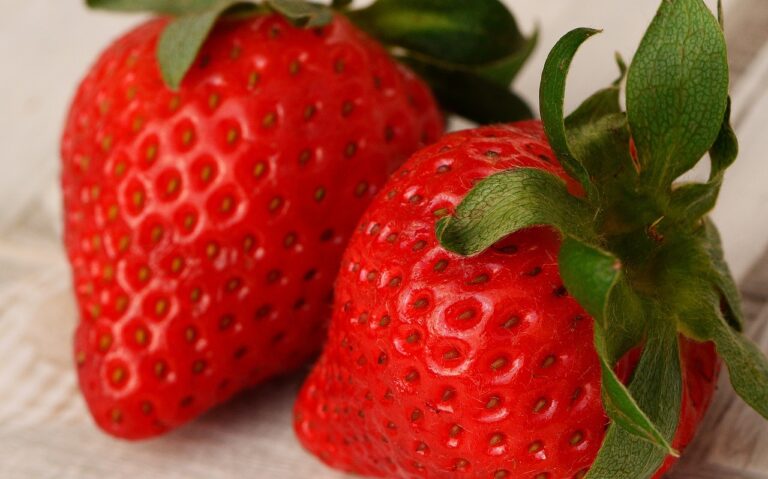The Role of Juices in Nursing Homes and Assisted Living Facilities: Senior Nutrition: Golden exchange id, Cricbet99 register, King casino 567
golden exchange id, cricbet99 register, king casino 567: With the increasing number of senior citizens living in nursing homes and assisted living facilities, ensuring they receive proper nutrition is more important than ever. One way to enhance the quality of their diets is by incorporating juices into their daily meals. Juices can provide essential nutrients, hydration, and a flavorful alternative to water for seniors who may have difficulty swallowing.
In this article, we will explore the role of juices in nursing homes and assisted living facilities, specifically focusing on senior nutrition. We will discuss the benefits of juices for older adults, the types of juices that are most beneficial, and how to incorporate them into seniors’ diets effectively.
Benefits of Juices for Seniors
1. Hydration: As we age, our bodies may become less efficient at signaling thirst, putting seniors at risk of dehydration. Juices can help maintain proper hydration levels, especially for older adults who struggle to drink enough water throughout the day.
2. Nutrient Intake: Juices are a convenient way to pack in essential vitamins and minerals that seniors may be missing in their diets. Fresh fruit and vegetable juices can provide a concentrated source of nutrients, such as vitamin C, potassium, and antioxidants.
3. Digestive Health: Juices can aid in digestion, especially for seniors who may have slower digestion due to age-related changes. Certain fruits and vegetables, like apples, pears, and prunes, contain natural fiber that can help regulate bowel movements and improve gastrointestinal health.
Types of Juices for Seniors
1. Fruit Juices: Freshly squeezed fruit juices, such as orange, grapefruit, and pineapple juice, are rich in vitamin C and other antioxidants that can help boost seniors’ immune systems and promote overall health.
2. Vegetable Juices: Vegetable juices, like carrot, beet, and spinach juice, are excellent sources of vitamins A, C, and K, along with essential minerals like potassium and magnesium. These juices can support heart health, bone health, and cognitive function in older adults.
3. Herbal Teas: Herbal teas, such as chamomile, peppermint, and ginger tea, can provide hydration and soothing effects for seniors who may have gastrointestinal issues or trouble sleeping. These teas are caffeine-free and gentle on the stomach.
Incorporating Juices into Senior Diets
1. Offer a Variety of Options: To cater to different preferences and dietary needs, provide a range of juice options for seniors to choose from. Consider offering a daily juice bar or rotating different juices on the menu.
2. Use Natural Ingredients: When preparing juices for seniors, opt for fresh, whole fruits and vegetables to maximize nutrient content and minimize added sugars. Avoid using juice concentrates or pre-packaged juices with added sugars and preservatives.
3. Serve in Small Portions: Seniors may have reduced appetite or digestive capacity, so it’s essential to serve juices in small portions to prevent overwhelming their systems. Offer juice sippers or small cups to control portion sizes.
4. Consider Texture Modifications: For seniors with swallowing difficulties or oral sensitivities, consider blending fruits and vegetables into smoothies or pureeing them into a more manageable consistency. This can make it easier for older adults to consume juices without discomfort.
By incorporating a variety of juices into seniors’ diets, nursing homes and assisted living facilities can enhance their residents’ nutrition, hydration, and overall well-being. Juices offer a convenient and delicious way to boost seniors’ intake of essential nutrients and promote healthier aging.
FAQs
1. Can seniors with diabetes drink juices?
It’s essential for seniors with diabetes to monitor their carbohydrate intake, including the sugars in juices. Opt for low-sugar or 100% fruit juice options and consult a healthcare provider or dietitian for personalized guidance.
2. Are store-bought juices as nutritious as fresh juices?
Store-bought juices may contain added sugars, preservatives, and lower nutrient content compared to fresh juices. When possible, choose freshly squeezed or homemade juices for seniors to maximize their nutritional benefits.
3. How can I encourage seniors to drink more juices?
Offer a variety of juice options, including different flavors and textures, and involve seniors in the juice selection process. Consider hosting juice tastings or educational sessions to promote the benefits of juices for senior health.







